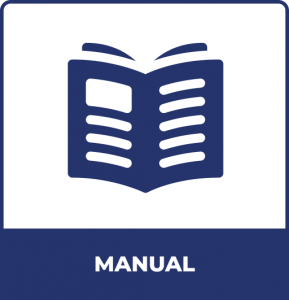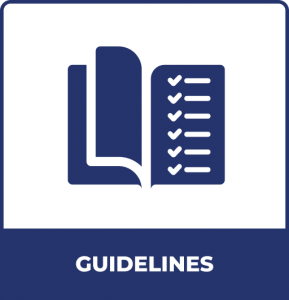These 122 rules are not intended to describe in detail a model system of
penal institutions. They seek only, on the basis of the general consensus of
contemporary thought and the essential elements of the most adequate
systems of today, to set out what is generally accepted as being good
principles and practice in the treatment of prisoners and prison management
Preliminary observation 1
Preliminary observation 2
Preliminary observation 3
Preliminary observation 4
I.
RULES
OF GENERAL APPLICATION
Basic principles; Prisoner
file management; Separation of categories; Accommodation; Personal hygiene; Clothing
and bedding; Food; Exercise and sport; Health-care services; Restrictions,
discipline and sanctions; Instruments of restraint; Searches of prisoners and
cells; Information to and complaints by prisoners; Contact with the outside
world; Books, Religion; Retention of prisoners’ property; Notifications; Investigations;
Removal of prisoners; Institutional personnel; Internal and external
inspections.
II.
RULES
APPLICABLE TO SPECIAL CATEGORIES
A.
Prisoners
under sentence
Guiding principles; Treatment;
Classification and individualization; Privileges; Work; Education and
recreation; Social relations and aftercare;
B.
Prisoners
with mental disabilities and/or health conditions
C.
Prisoners
under arrest or awaiting trial
D.
Civil prisoners
E.
Persons
arrested or detained without charge
UNODC
UNODC (2015). The United Nations Standard Minimum Rules for the Treatment of Prisoners
(the Nelson Mandela Rules). United Nations Office on Drugs and Crime.
The United Nations Standard Minimum Rules for the Treatment of Prisoners (unodc.org)



